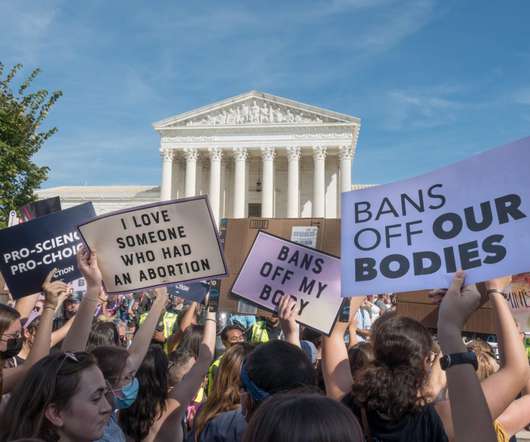Conclusion to the Symposium: From Principles to Practice: Human Rights and Public Health Emergencies
Bill of Health
JANUARY 18, 2024
While receiving significant global traction and acceptance since their publication in 1985, the Siracusa Principles, the authors argue, proved to be simply “unequal to the task” of guiding States’ conduct in the context of COVID-19 because they are “unable to speak in any significant detail to the particular concerns of public health crises.”












Let's personalize your content